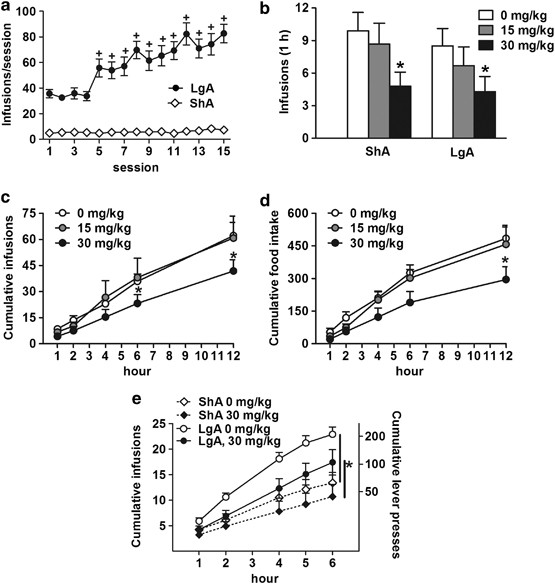
- Select a language for the TTS:
- UK English Female
- UK English Male
- US English Female
- US English Male
- Australian Female
- Australian Male
- Language selected: (auto detect) - EN
Play all audios:
Core training clinics are the Mental Health Neuropsychology Clinic and the Rehabilitation Neuropsychology Clinic, both at the Birmingham East VA Clinic. The fellow has designated office
space at Birmingham East. The fellow is also able to train in additional clinics via minor rotations. MENTAL HEALTH NEUROPSYCHOLOGY CLINIC Supervisor: Angela Dupont, Ph.D. The MH
Neuropsychology Clinic is an ambulatory outpatient neuropsychology consultation-based clinic staffed by one full-time licensed clinical neuropsychologist. The modal cognitive complaint of
referred veterans is forgetfulness/poor recent memory functioning, and the primary reason for referrals to the clinic is to rule out a dementing disorder (e.g., Alzheimer’s type dementia).
The clinic serves Veterans of all ages per referral from all outpatient mental health clinics, Neurology, Geriatrics, and Primary Care. Veterans are often seen within the context of a
larger dementia work-up that routinely includes brain imaging and comprehensive blood work. In addition to individuals with various subtypes of dementia (e.g., Alzheimer’s type, vascular,
frontotemporal, Lewy-body, Parkinson’s-related, and those due to atypical Parkinsonism), the clinic routinely performs evaluations on Veterans with memory and cognitive dysfunction secondary
to chronic mental health disorders (e.g., PTSD, major depression, bipolar disorder, substance abuse, and psychotic disorders), medical conditions with associated cognitive dysfunction
(e.g., chronic pain and untreated sleep apnea), and age-related changes in cognition. Fellowship activities in this clinic include neuropsychological assessment/evaluation of referred
Veterans and follow-up feedback of test results and diagnostic impressions to Veterans and family members. Embedded in this experience are assigned readings, review of relevant research
literature, integrated report writing, and provision of verbal feedback to Veterans and their families, as well as verbal consultation/feedback with referring physicians, nurse
practitioners, social workers, and psychologists. The Mental Health Neuropsychology Clinic also serves as a major hub for psychology intern and doctoral student training. Thus, in addition
to training in direct patient care services, the fellow assists in supervision of junior-level trainees. REHABILITATION NEUROPSYCHOLOGY CLINIC Supervisor: Sean Hollis, Ph.D., ABPP-CN The
Rehabilitation Neuropsychology clinic is a consultation-liaison service, specializing in the interface between medicine and rehabilitative neuropsychology and is staffed by one
full-time-licensed clinical neuropsychologist. Referrals/consults are received from throughout the medical center, including PM&R TBI and SCI clinics, Neurology (Stroke Clinic, Memory
Disorders Clinic, and other services), Mental Health, Geriatrics, and Primary Care. Veterans who have a history of TBI [due to combat and non-combat related events], CVA, SCI, and
autoimmune disorders (e.g., Lupus, ALS, and Multiple Sclerosis) comprise the main referral base to the RNC. The majority of patients range in age from 20-40 and are OEF/OIF Veterans who have
sustained mild, moderate, or severe TBIs secondary to blast injuries and/or motor vehicle accidents during their time in combat. The neuropsychological evaluation for such individuals is
part of a comprehensive assessment conducted by the multi-disciplinary TBI Team, including physician and nurse practitioner service, social work, physical and occupational therapy, and
neuropsychology. Co-morbid conditions, such as PTSD, depression, substance use disorders, and pain disorders are common. This clinic also serves Veterans of all ages with other
rehabilitation needs. It is not uncommon for an evaluation to be focused on a) differential diagnosis of dementia (in elderly patients with a history of TBI or stroke), b) identification of
cognitive issues in those with chronic medical and/or mental health disorders, and c) pre-surgical neuropsychological assessment for deep brain stimulation candidates. Because many
Veterans who are seen on this service have multiple co-morbid medical and psychiatric disorders and present without clear neurological findings, the neuropsychological assessment assists in
determining the presence, pattern, and severity of cognitive impairment, which is often complex and challenging.






